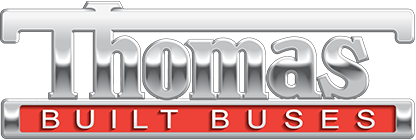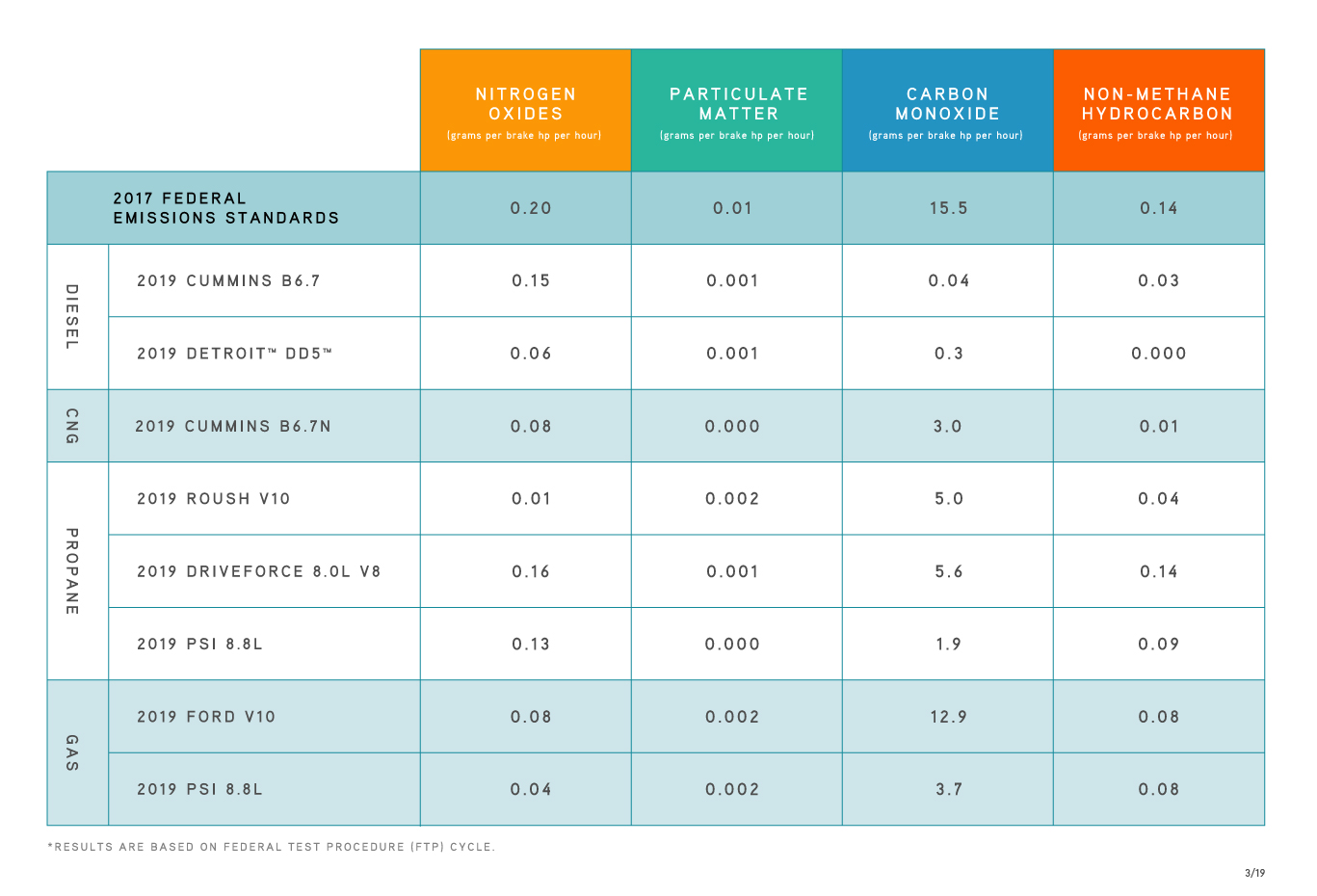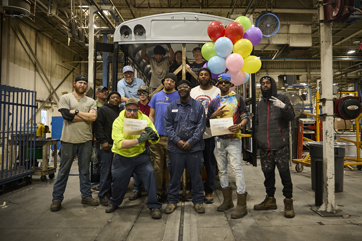
A behind-the-scenes look at our historic celebration and transition of the Type D legacy
It isn’t every day you get to celebrate a major milestone, so we’ve captured the iconic plant transition of our Type D production and commemorated the milestone in a video celebration. Chronicling the final steps of the last Type D bus to roll off the historic assembly line, the video features…
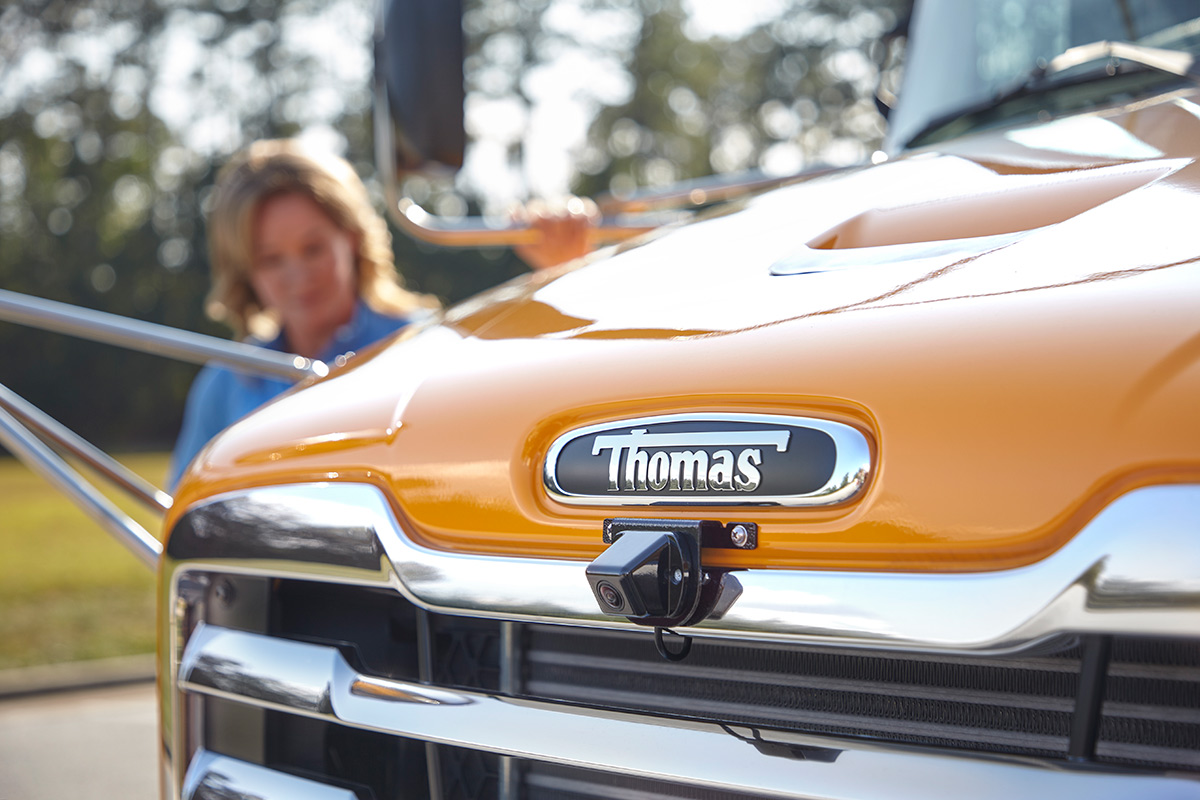
At Thomas Built Buses, we view safety as a journey, not a destination. Safety is at the core of everything we do—from our manufacturing processes to our testing protocols and focus on continuous innovation. It is more than just a feature; it’s an interconnected facet of all our operations.
Let’s look at how this commitment to safety is woven into every phase of our process, from…
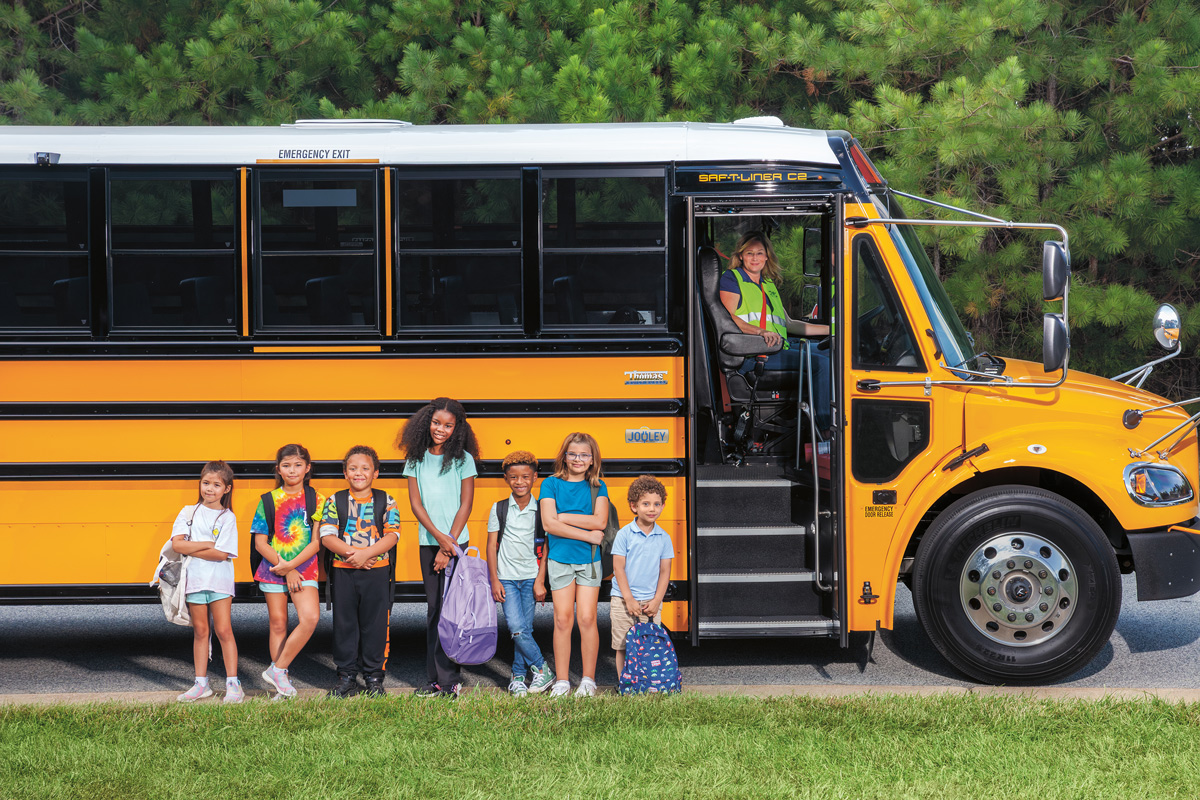
What makes the electric Saf-T-Liner C2 Jouley school bus an excellent vehicle for today and the future? Our free Electric School Bus Curriculum answers this and more.
Today’s students are increasingly interested in electric vehicles and environmentally smart transportation options. This dynamic, professionally designed curriculum provides teachers with tools and lessons to increase…
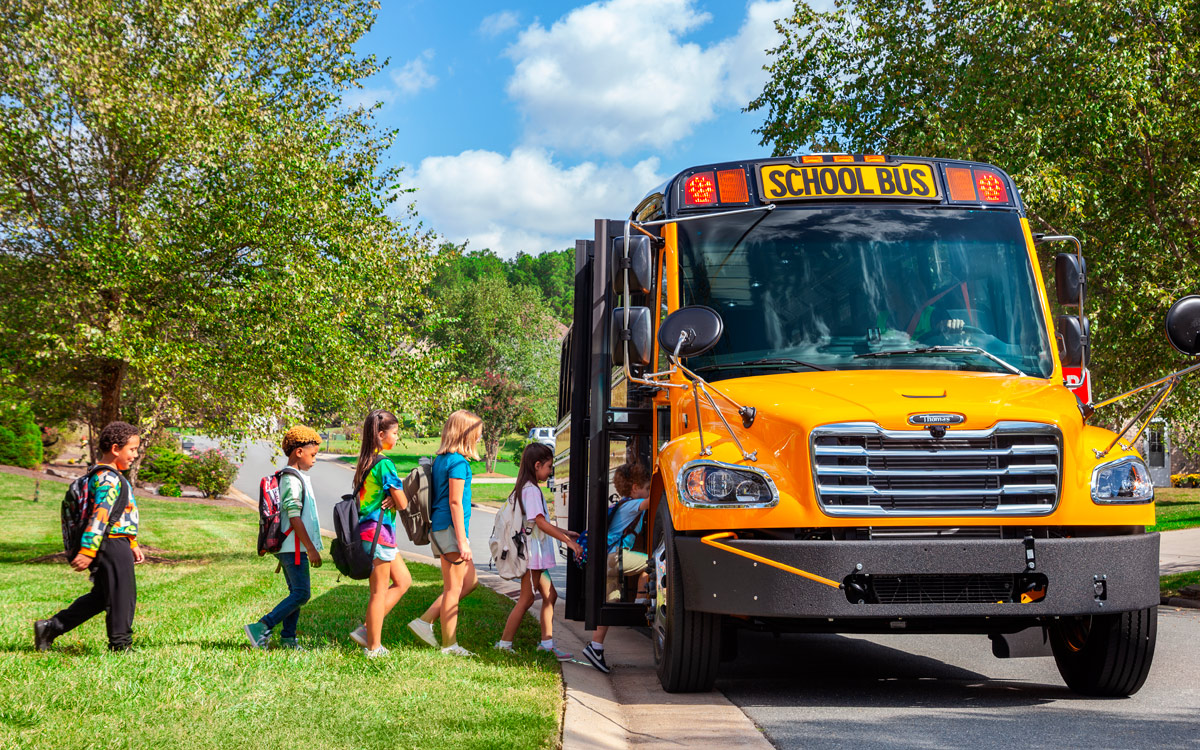
In today’s rapidly evolving industrial landscape, sustainability has become a global focus. But what does that even mean? For Thomas Built Buses, it’s about defining our commitment to our organization, our industry and the communities we serve. While our electric school bus, the Saf-T-Liner® C2 Jouley®, and its many milestones (including the recent delivery of our 1,000th) often come to…
Clean-diesel today isn’t what it was 10 or 15 years ago and, in fact, it’s still the best long-term solution for most districts.
With so much talk about alternative fuels today, diesel has become a dirty word – literally. Districts running a diesel fleet are starting to feel the pressure to switch to something cleaner and greener, if only just to keep up with the buzz of the industry. But the truth is that diesel is comparable or even cleaner than other fuel types based on EPA regulated emissions. And districts running a diesel fleet continue to reap the benefits of proven durability, reliability and cost savings. Diesel today isn’t what it was 10 or 15 years ago and, in fact, it’s still the best long-term solution for most districts.
Greener and Cleaner
Because of compliance with tougher EPA emissions standards, diesel fuel is now cleaner than ever. Diesel emissions at the tailpipe are more than 90 percent cleaner than they were in 2006 and are comparable or even cleaner than other fuel types based on EPA regulated emissions standards. When considering CO2, a greenhouse gas, diesel offers the lowest carbon footprint over the operational lifetime of the bus. That’s smaller than CNG and propane. In part, this is due to the new low-sulfur content in diesel fuel and also to the new state-of-the-art engine technology, like that in the Detroit™ DD5™ that is revolutionizing not only emissions but also the maintenance required on new diesel engines.
Saving You Money
When it comes to a fleet’s total operating budget, the largest expenditure year after year is not the initial acquisition cost of a school bus, but the cost in fuel that a district spends to run its fleet. In fact, fuel costs represent more than two-thirds of the typical school bus fleet’s annual operating expenses.
Today, clean diesel engines, like the Cummins ISB 6.7L and the anticipated Detroit™ DD5™, are more fuel-efficient and provide greater fuel economy. Diesel remains the most fuel-efficient engine in the market, providing up to 50% better fuel economy compared to other similar-size gasoline, propane or compressed natural gas engines. Of course, the numbers vary based on usage, mileage, terrain and other factors but, with its overall low cost, efficiency, engine durability and resale value, diesel has a total cost of ownership lower than other alternative fuels.
And with diesel, you don’t have to deal with logistical issues and fueling upgrades that come with switching to another fuel. That’s even more money in the bank.
Diesel Has Stood the Test of Time
The fact remains that 93 percent of today’s school buses run on diesel power. Diesel is proven. Fleets have been running on diesel fuel for 20 years or more, and even today the engines continue to be reliable, durable and have stood the test of time. Newer alternative fuel engines are upfitted and not built for the medium- and heavy-duty/commercial grade market. Diesel engines are built for a harsher market. In fact, diesel engines will last 15-20 years, while other engine platforms will need to be replaced multiple times during the normal lifecycle of a school bus.
New Engine Technology is Here
In 2018, the new Detroit™ DD5™ and DD8™ engines will debut. These engines will represent the best in fuel efficiency, durability, reliability, serviceability and technology/connectivity in the industry. State-of-the-art engine technologies, like variable cam phasing, will help improve the performance and efficiency of the aftertreatment system and provide industry-leading emissions reductions.
The DD5, in particular, will offer best-in-class fuel economy and reliability, with a B10 life of 400,000 miles. It will come with top-load oil and fuel filters for easier serviceability and the longest service intervals in its class, with up to 45,000-mile oil and fuel filter change intervals*.
And this is only the beginning. We believe in diesel and will continue to invest in technologies and innovative solutions that continue to make diesel an even better solution for our customers now and into the future.
* Or either 18 months or 1,500 hours, whichever comes sooner.
